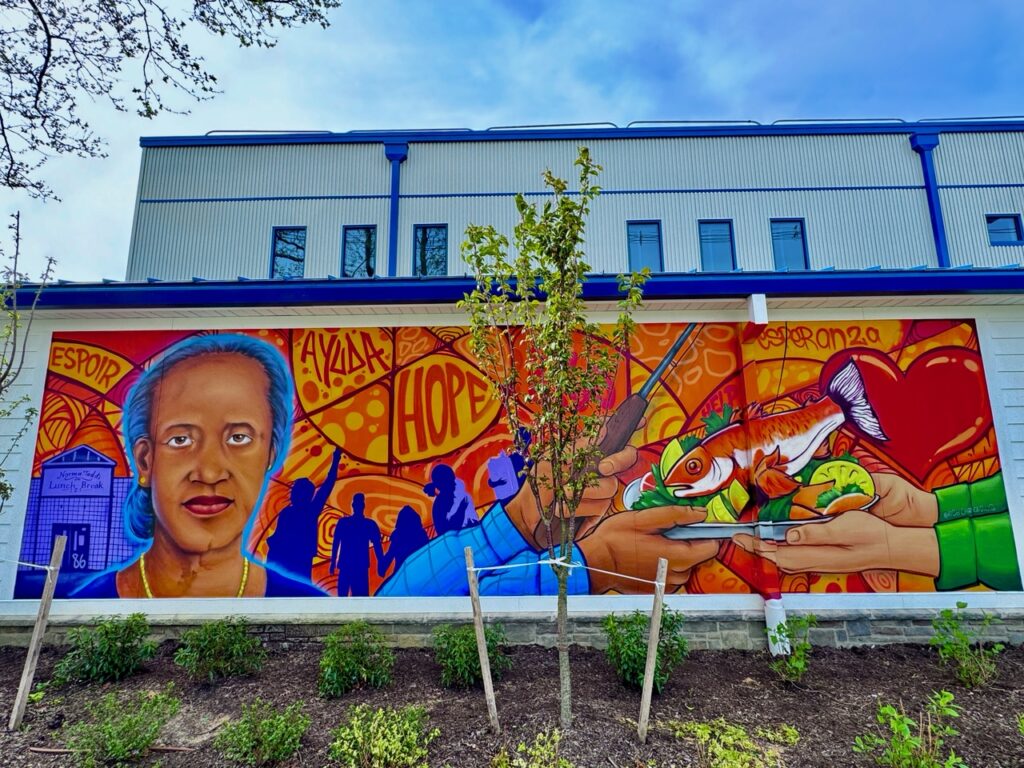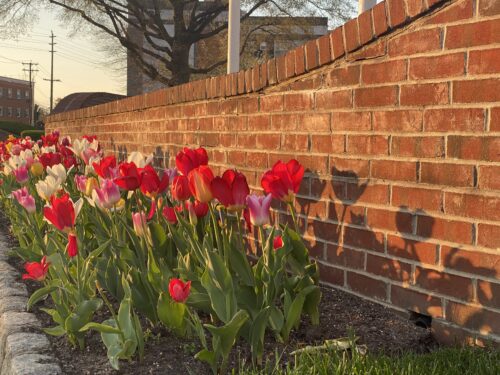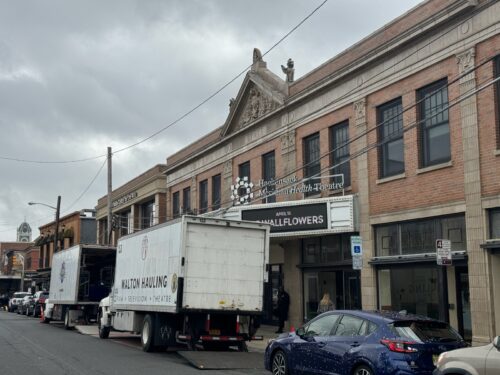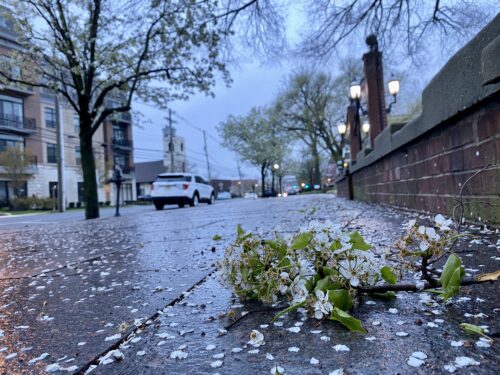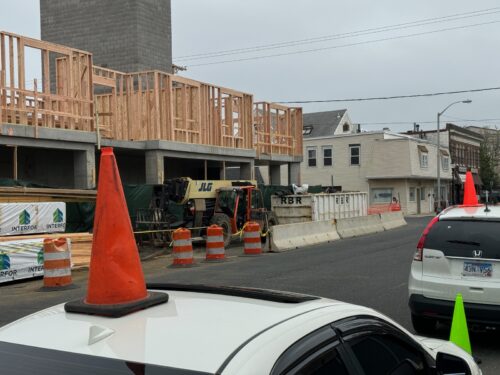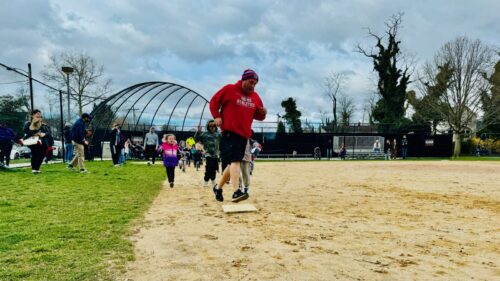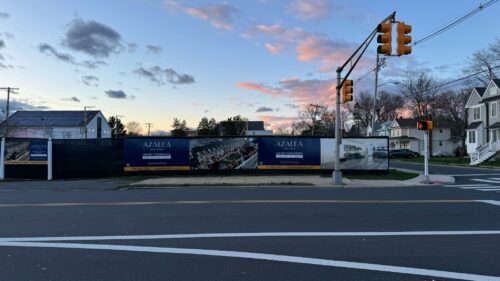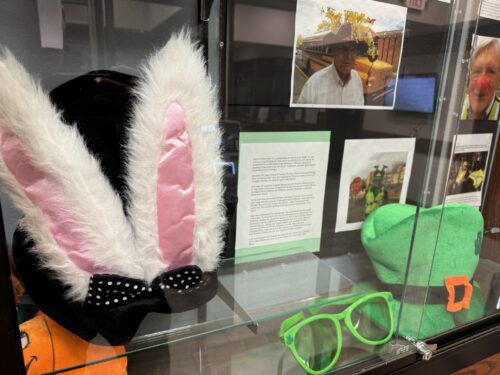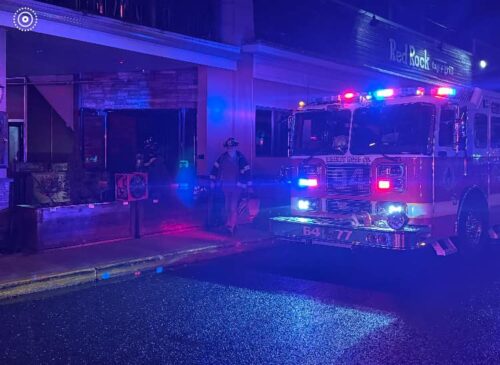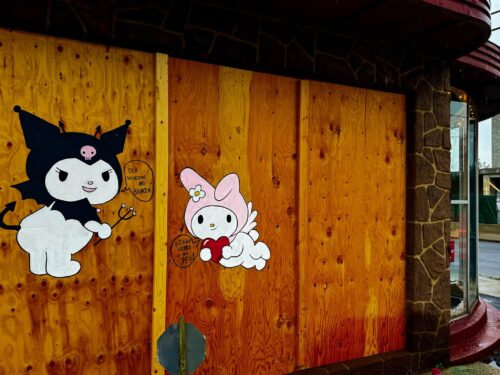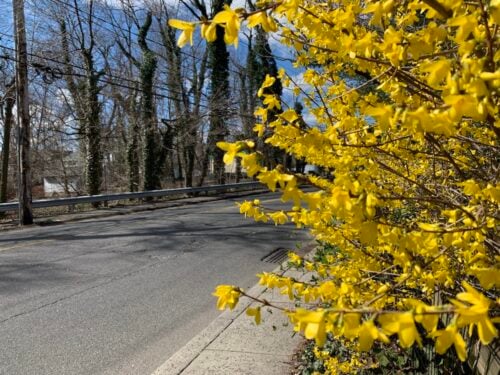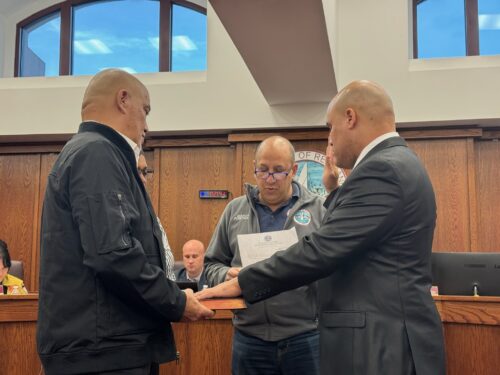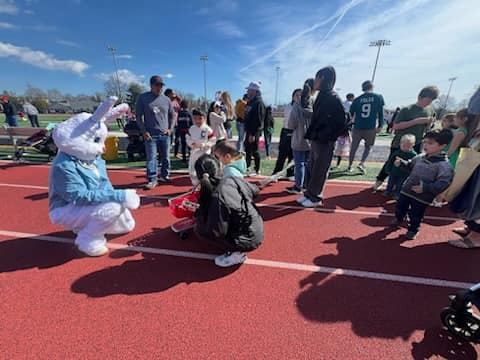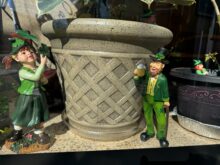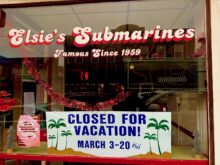Eight years ago, when the Red Bank Farmers’ Market opened in the Galleria parking lot, it had only two vendors.
Today, there are 30, and every week more merchants ask to be let in, some hoping to hawk goods that have nothing to do with the market’s self-defined mission: to promote locally-grown produce. “I had a guy come here once wanting to sell rain gutters,” says Jim Sourlis, who manages the market. “He was so insistent, I had to call the police to get rid of him.”
The gutter guy probably couldn’t have cared less about the origins of the market, where the corn and tomatoes come from, or the feeling of community that springs to life on the blacktop here every Sunday in the summer. But Sourlis, whose family owns the Galleria mall, does. He says the market came into being to help support small farmers, who get first consideration in terms of space allotment. That’s what Jim’s mother, Elaine Sourlis, intended when she dreamed the place up, he says. (Elaine was vacationing in Europe until recently and was unavailable for an interview.)
“We pride ourselves on being a farmers’ market first,” Sourlis says. “The number-one thing is New Jersey farmers. It has to be from here.”
In addition to its weekly crop of vegetable and flower growers, the market features purveyors of honey, organic foods, fresh eggs, handcrafted jewelry, ravioli, a chiropractor, Lithuanian baked goods, stained-glass mobiles, tea, soap, frozen treats and hurly-burly paintings.
Whoa… Stained glass? Soap? A chiropractor? Yes. The craftspeople constitute the market’s second priority: locally based juried arts and crafts, says Sourlis. The other vendors are simply local and a good fit with the market’s underlying approach to healthy lifestyles. As for the chiropractor, well, he was allowed in several years as a favor because he wasn’t selling anything, just advertising, says Sourlis. So he’s grandfathered.
The parking lot, by the way, is just about at capacity, so there’s almost no room for additional tents and tables at the market, located at the corner of West Front Street and Shrewsbury Avenue.
Among the regular vendors are Bill McCurdy and Tami Heffner of Earthen Harvest. Every week, the newlywed 30-year-olds park a dark green van and set up a table beside it to display the organic potatoes, cucumbers, squash, zucchini, scallions and peppers that they grow on a leased plot of land in Howell. They also sell perennials.
“We started out growing produce for ourselves,” says Heffner, who works in sales during the week. “Then we realized we always had more than we could consume.” Having gone to college in Maine, where “farm markets are just rampant,” says McCurdy, the couple found the idea of participating in a weekly, open-air market appealing, and started coming here four years ago. In addition to selling off their surplus, they get to interact with regular customers and newcomers.
“I would say that every fifth sale or so gets tracked up into a conversation,” says McCurdy, whose day job is teaching middle-school science in Marlboro. “We found a lot of like-mindedness here. It makes the hard work pay off.”
“It’s a nice community type of vibe,” says glass craftsman Charles Scott, of Tinton Falls-based Rtisun Emanations (no, that’s not a misspelling; try pronouncing it phonetically). “Every week, you see people you know, but you never know if you might see a couple of friends you haven’t seen in a long time.”
Such as Rosine Fitzmaurice. She lived in Middletown for 25 years, and shipped out to Barnegat 7 years ago. But her heart remains “torn in two” between the locales, she says, and whenever she comes north to visit family, she tries to stop in for fruits and vegetables.
Vendors in the market, which will be open through October, say this year has been the busiest they can recall, with lots of new faces among the shoppers. “This is nice, because you get the Shore crowd,” says Josh Grossman, of Alan’s Flower Farm in Chesterfield, NJ, now in its third year here. “You get a constant flow of new customers every week.”
A couple of parking spots away, at the Dr. Pickle stand, Christopher Julius wears a “License to Dill” t-shirt and sells pickles, pickled tomatoes and sauerkraut under his fragrant tent. During the week, Julius works in New York in the financial services sector, largely dealing with the disembodied voices of stockbrokers over the telephone. Weekends, he helps out a friend who owns the pickle business.
This may be a second job for Julius, but it’s one he looks forward to, he says, because Red Bank comes closest of any place he’s lived to replicating the feel of the southern California community he grew up in.
“This is the love,” says Julius. “The other is a job, but this is the love.”





